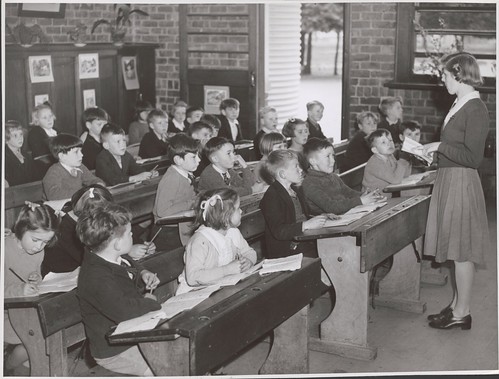I attended my first dance workshop today with Eilidh Slattery. I didn’t really know what to expect as we entered the room, because I don’t think there was a lot of dance lessons when I was in primary school. Obviously, there was Scottish country dancing (which I loved), however, I do not remember any lessons where we, as children, were able to express ourselves, create our own routines and try different genres of dance. It was explained to us how important it is for every child to be able to explore new ideas and express themselves through the arts. Throughout the session it was made clear that our group had different levels of confidence in showing our routines. Not everyone likes to present and ‘show off’ what they have created. I wasn’t the most comfortable at first, but as the lesson progressed, it was enjoyable to move around and not feel embarrassed in front of peers. Everyone was on the same boat. I will need to take this measure in to a classroom setting, as no child should be made to feel uncomfortable or forced to do something they may not want to do. However, many children love to show what skills they have developed through a dance lesson, and are happy to act silly and show their classmates their creation. Dancing, or any type of Physical Education, is a great way to have a ‘break’ between lessons in the day. Although children are still learning throughout their dance lessons, it is not like sitting and looking at worksheets and books. It allows them to explore their own thoughts and feelings through expressive arts, and to develop their skills in co-ordination and working with their classmates. Children are able to use their creativeness to choreograph their own movements. It is vital that children have choice also. Throughout our session, we were able to make our own moves up, and then watched other pairs. Eilidh allowed us to perform in front of each other, and also mentioned that if we saw a different move we liked, we were able to try it out. Having freedom within the lesson let each group express themselves, and not one move was the same. It also let us develop a move further if it maybe didn’t go right the first time.
This short session allowed me to understand that certain skills can be developed in different ways. We shouldn’t be stuck at a desk all day – it is vital to learn though being active. Children are always developing confidence and skills to be able to accept positive feedback and even ‘two stars and a wish’. It is vital that we are able to give positive feedback, but also an area or two that can be improved on, such as ‘ As a group you were really in sync and your choreography was really creative! Let’s work on our spacial awareness – and not bump into each other! Great job.’.
It is also really important that children are able to reflect on their own work, without being too harsh on one another. Being able to feel pride on the positive feedback you receive, but also developing in areas that can be improved is key.
I believe Expressive Arts in school should be accessed as much as possible because it allows every child to express themselves in a different way. Not all children are able to access these hobbies outside of the school environment. Bringing them into the curriculum is a great way of giving every child the opportunity to try something new and develop skills in that particular area.
Our session was really enjoyable and I hope I can bring a positive outlook in to the classroom setting. We can always improve on our skills and develop them further, in a positive and beneficial way. I would like children to feel comfortable in expressing themselves, whether that is through dance, creative writing, music or drama, etc. In the session, Eilidh made clear that positive feedback was key to support the children when trying something new- even if something goes wrong- and it also gives them a sense of pride in their work. These are some main aspects I want to be able to take in to placement – to have lessons that children will enjoy and take pleasure out of doing, to allow them improve on their skills constantly – sometimes without even knowing – and to develop confidence in trying something new.


